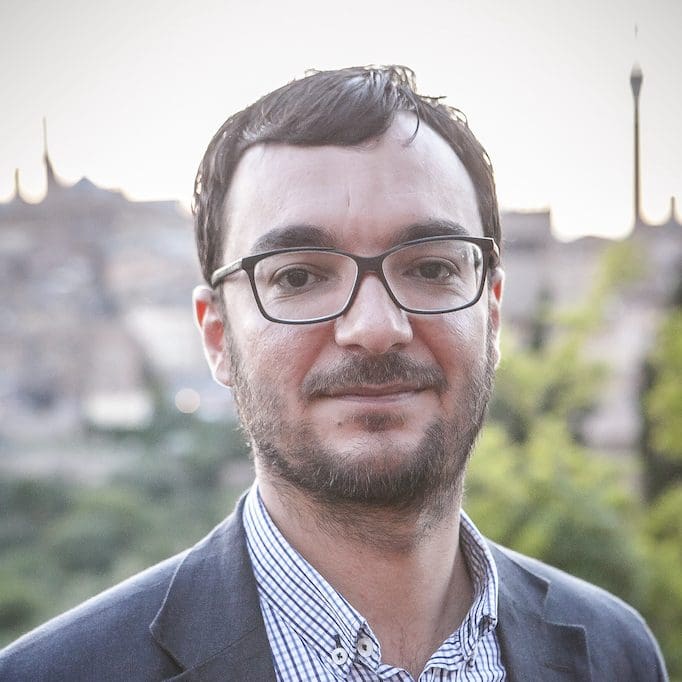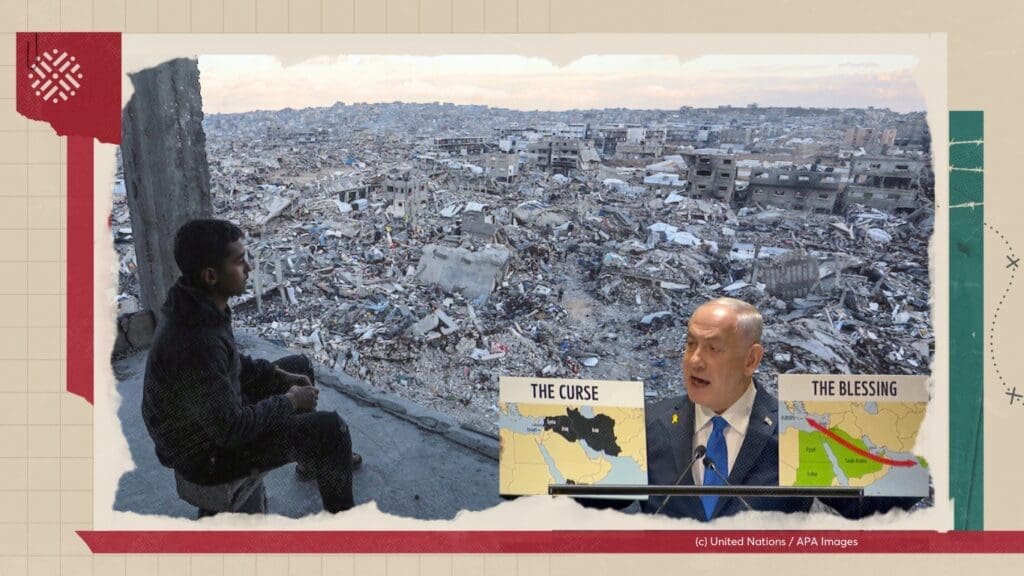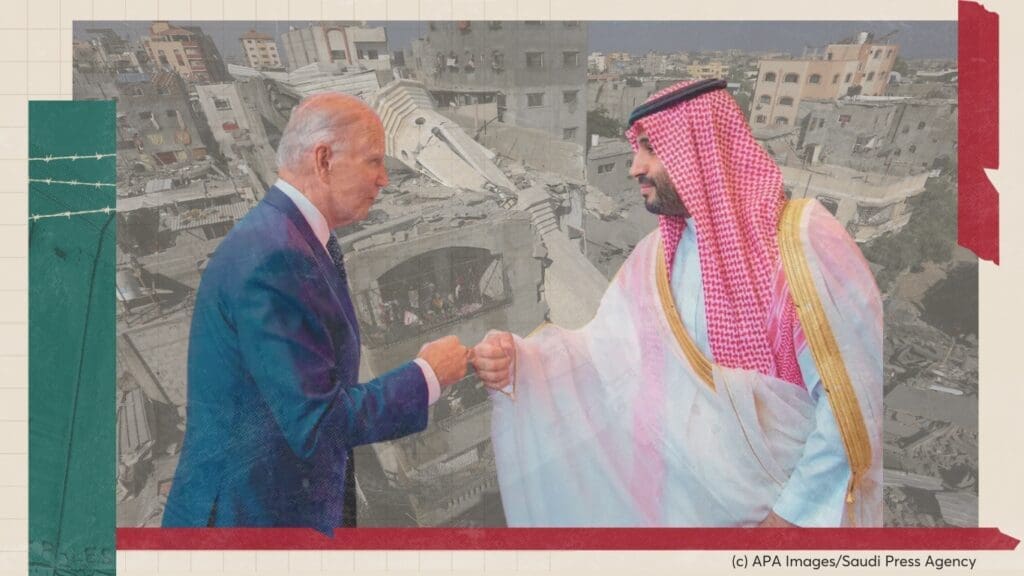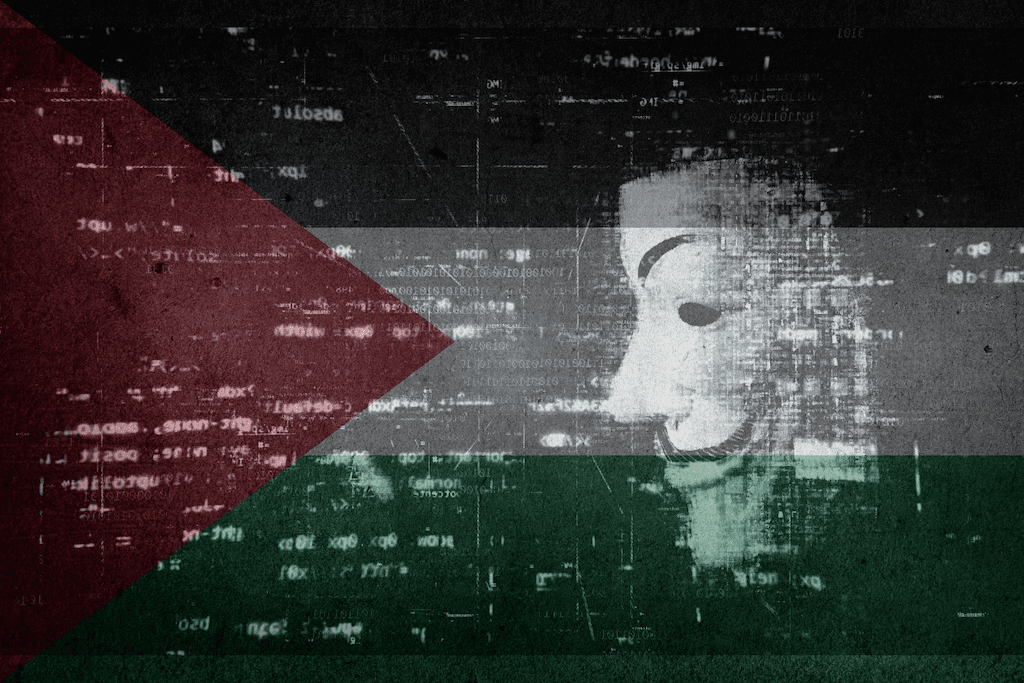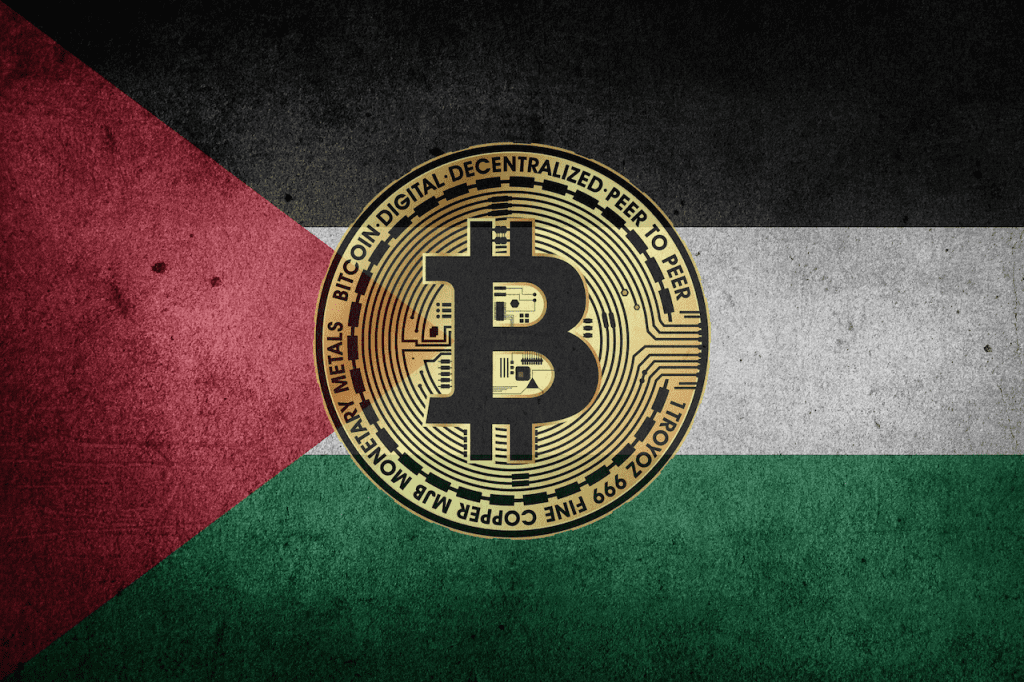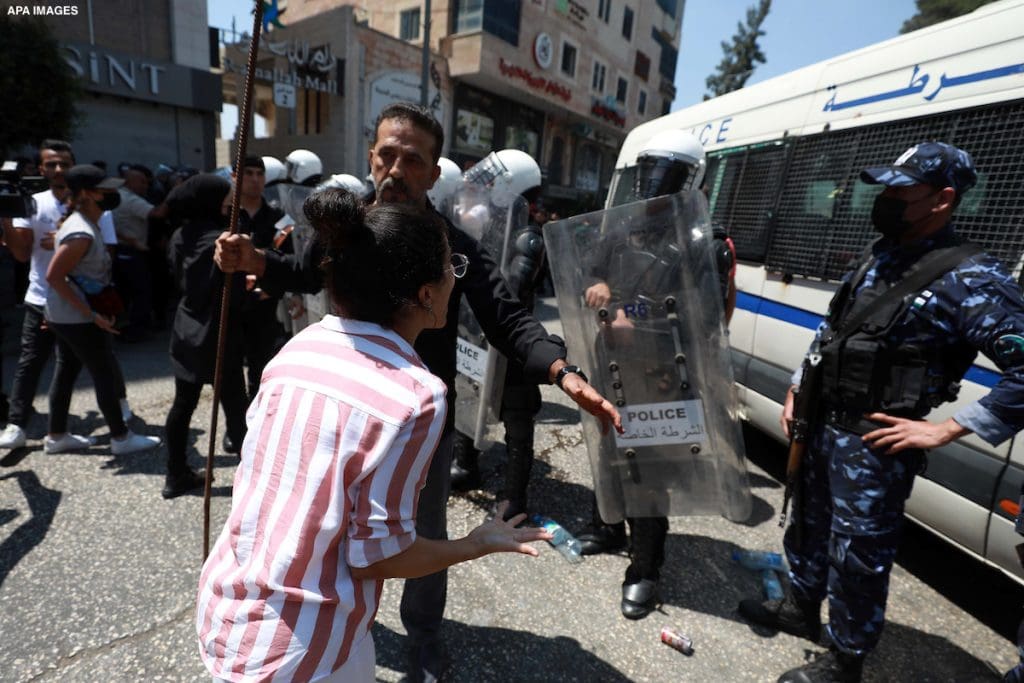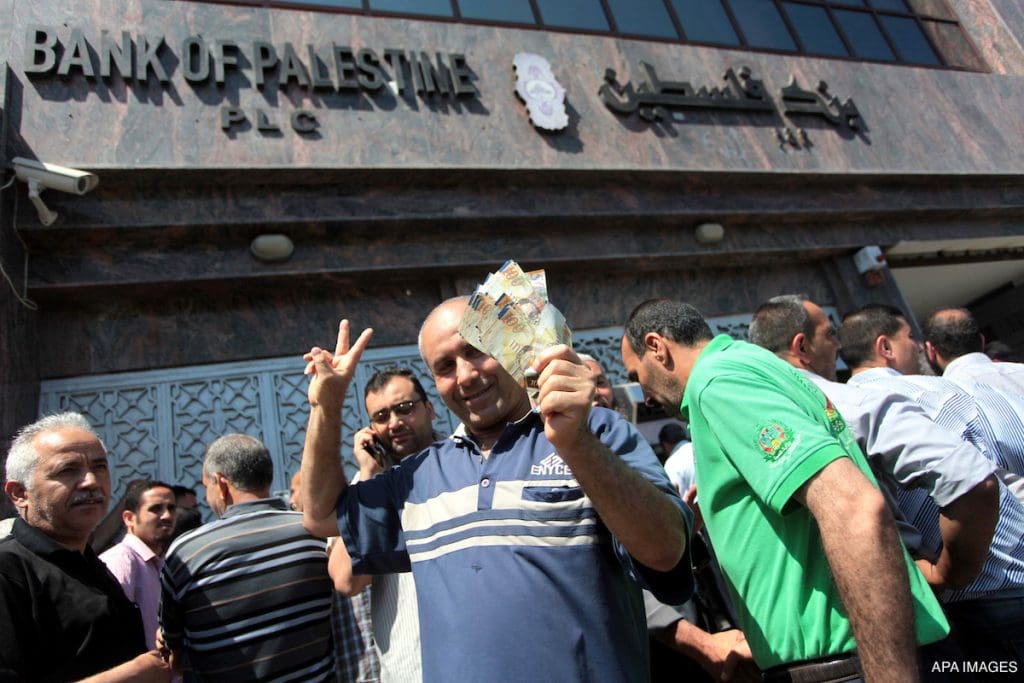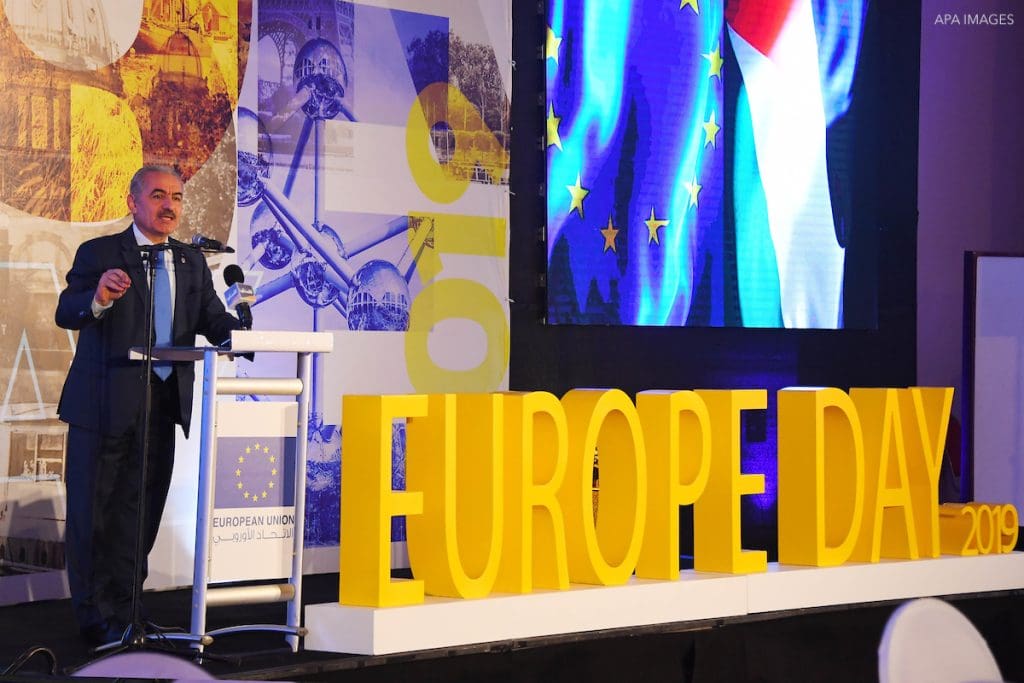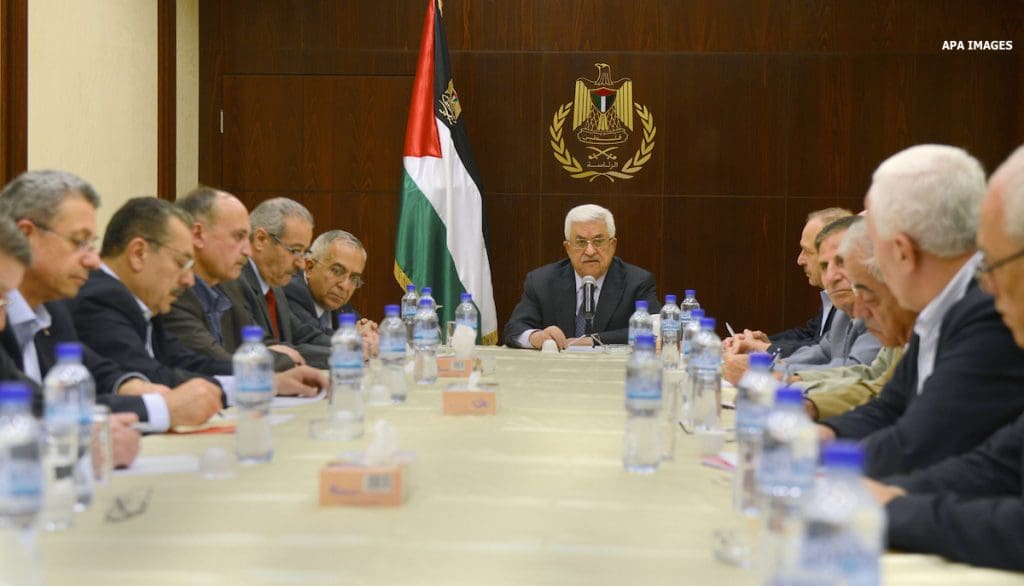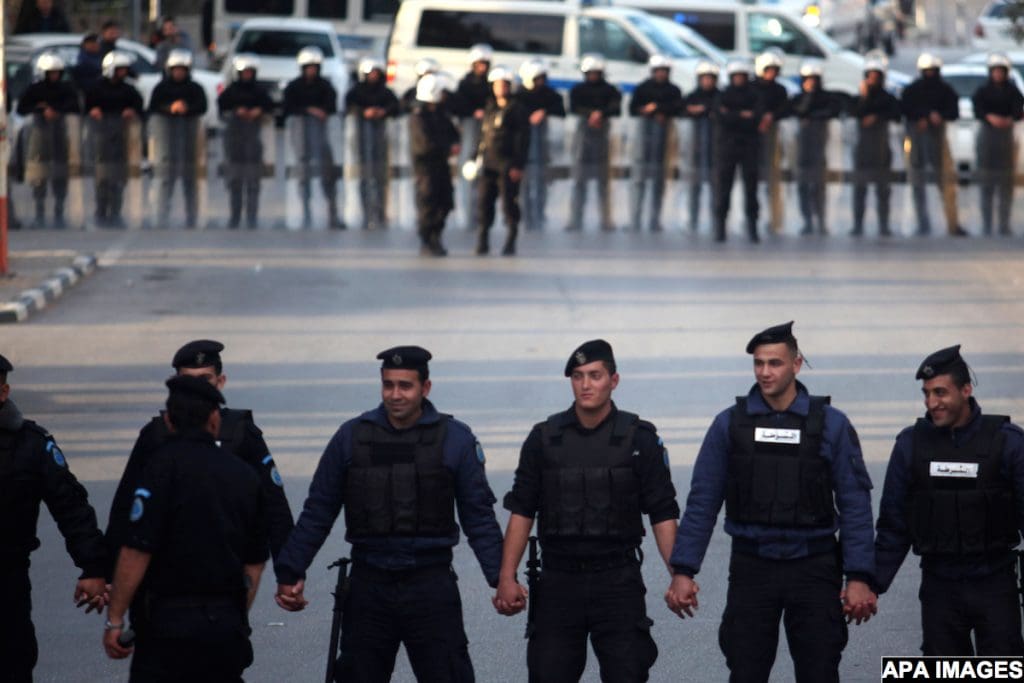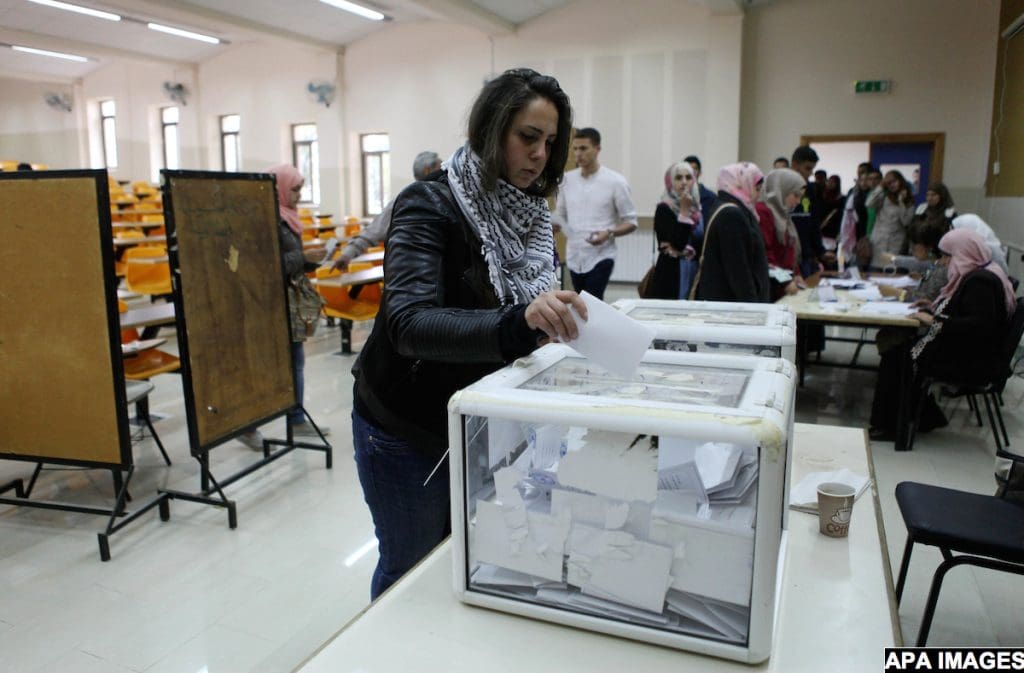Tariq Dana is Assistant Professor of Conflict and Humanitarian Studies at the Doha Institute for Graduate Studies, and an adjunct lecturer at Northwestern University in Qatar. He served as the director of the Center for Development Studies at Birzeit University and as a senior research fellow at the Ibrahim Abu-Lughod Institute of International Studies, the Graduate Institute of International and Development Studies in Geneva, and the School of Oriental and African Studies.
From this author
The October 7, 2023, Al-Aqsa Flood operation aimed to revive Palestinian armed resistance and reassert the cause in Arab and global consciousness after years of marginalization. It dealt a major blow to Israel’s deterrence, rupturing its image as a secure colonial outpost entrusted with protecting Western strategic interests. It also exposed cracks in its militarized social contract that rests on the regime’s ability to protect its settler population. While the operation imposed new political realities on the Israeli regime, it has come at a staggering cost to Palestinian life: Israel’s genocidal assault on Gaza has unleashed one of the worst humanitarian crises in recent memory.
Yet the anticipated wave of Arab solidarity following the operation failed to materialize or translate into concrete policy shifts. Instead, the moment laid bare the entrenched ties between Arab regimes and Israel’s settler-colonial project that are rooted in mutual interests, regime preservation, and a shared antagonism toward Palestinian resistance. This commentary argues that these alliances—sustained by repression and strategic-economic cooperation and reinforced by Western complicity—transformed a potential turning point for isolating the Israeli regime into an opening for intensified colonial expansion and regional dominance.

Tariq Dana· Jul 22, 2025
In this policy memo, Tariq Dana examines the mutually reinforcing interests of the US, Saudi Arabia, and Israel that fuel the prospective agreement. He interrogates Saudi's feigned solidarity with the Palestinian struggle and situates the normalization deal within shifting regional dynamics.

Tariq Dana· Jul 30, 2024
The arrival of new digital technologies over the past decade has had critical implications for Palestinian activism. On the one hand, these developments have reinvigorated the Palestinian cause. Indeed, social media platforms have facilitated new channels and modes of social organization, helping Palestinians counter their geographic fragmentation under Israeli apartheid.
The recent cryptocurrency crash raises doubts about its viability as an alternative to standard currencies. But are there aspects of the global phenomenon that are still useful for Palestinian economic and political resistance? Al-Shabaka policy analysts Tariq Dana and Ibrahim Shikaki debate the potential of digital and cryptocurrencies and outline technological opportunities for the Palestinian economy.


Punctuated by the outbreak of the Unity Intifada in May 2021, the trajectory of Palestinian resistance is experiencing a watershed phase marked by new actors and themes. With the effective neutralization of the Palestinian Liberation Organization (PLO) since the 1993 Oslo Accords, the deepening geopolitical fragmentation of Palestinians across colonized Palestine and the world, and the global shift to cyberspace, new opportunities — and threats — to Palestinian resistance have emerged.




+
Sam Bahour,Rana Barakat,Mary Nazzal-Batayneh, + MoreOroub el-Abed,Nadia Hijab,Victor Kashkoush,Anis Kassim,Osamah Khalil,Mouin Rabbani,Jamil Hilal,Loubna Qutami,Haidar Eid,Yara Hawari,Nadim Nashif,Raya Naamneh,Omar Barghouti,Marwa Fatafta,Tariq Dana,Hatem Bazian,Noura Erakat,Alaa Tartir,Issam Younis,Nada Awad,Diana Buttu,Ingrid Jaradat Gassner· Aug 26, 2021
The Palestinian Authority has withheld salary payments from thousands of Palestinian public sector employees. Al-Shabaka policy analyst, Tariq Dana, and Lamees Farraj examine the ways in which the PA has politicized and exploited public sector employment and salaries as a political tradeoff. They offer recommendations for how to remedy the situation, and bring about economic equality for Palestinians.


The EU recently notified the Palestinian Non-Governmental Organizations (PNGO) network of an additional condition to the annex attached to the EU’s funding contracts, namely that civil society organizations are obligated not to deal with individuals or groups designated as “terrorist” by the EU.

Tariq Dana· Feb 2, 2020
A Palestinian leadership vacuum looms due to the ill health of the secretary general of the Palestine Liberation Organization (PLO), Saeb Erekat, and the frailty of the Palestinian Authority (PA) President Mahmoud Abbas, who also heads the PLO and its main constituent party Fatah.
The Palestine Liberation Organization’s top leadership body, the Central Council, called for a halt to Palestinian security coordination with Israel in 2015. Yet PLO Chair Mahmoud Abbas has described it as sacred despite the breakdown of the peace process to end Israel’s 50-year military occupation and colonization of Palestinian territory.



The failure to conduct local elections in the occupied territories and the Fatah conference, which largely reaffirmed a moribund status quo, are the latest examples of stymied Palestinian democracy. Al-Shabaka analysts examine the notion of democracy under military occupation, the factors constraining it, and the form that makes sense for the Palestinian people.




+








